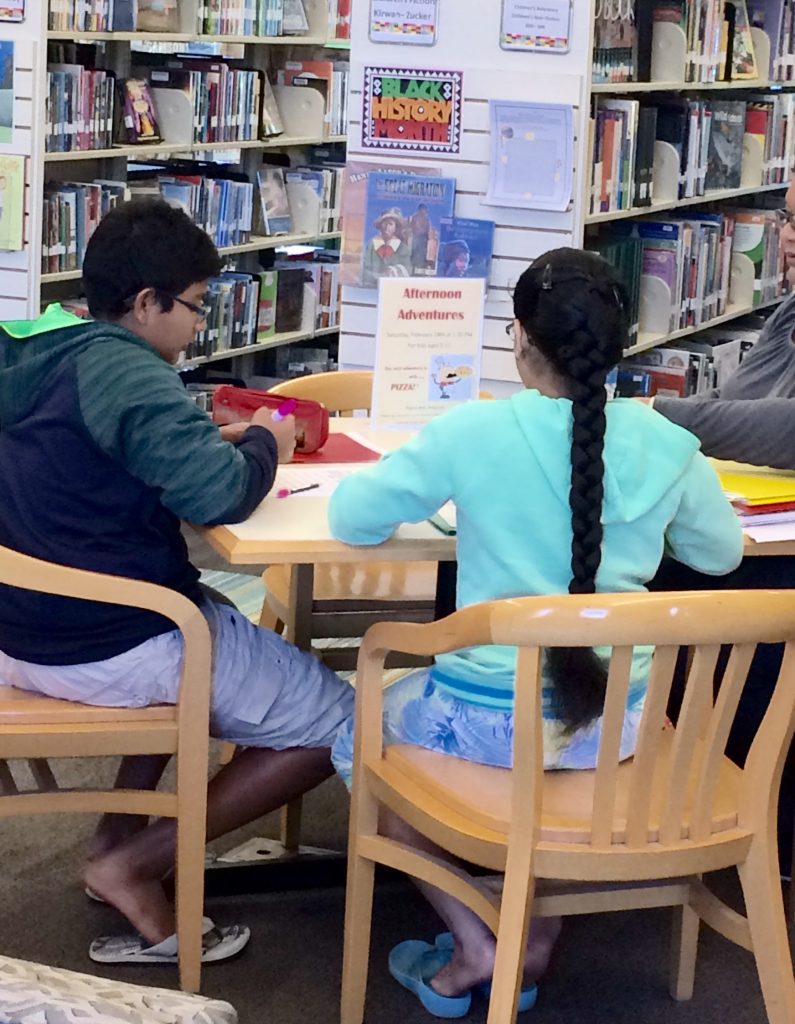 Homeschooling children in grades K to 12 continues to grow. It grew approximately 2 percent to 8 percent over the past few years according to the National Home Education Research Institute.
Homeschooling children in grades K to 12 continues to grow. It grew approximately 2 percent to 8 percent over the past few years according to the National Home Education Research Institute.
Homeschooling Reasons
Many parents feel that homeschooling is better than going to a brick and mortar school. Also, they feel it is better than cyber school. There are a broad range of reasons for homeschooling children.
• Parents individualize the curriculum more so than regular schools.
• They have the opportunity to bond as a family.
• Also, homeschooling lets parents guide the social interactions with others.
• Bullying, discrimination and drugs are not part of the homeschooling environment.
• Parents are able to embed values and beliefs of the family.
• In addition, parents are able to accomplish more academic content than regular schools.
• And, according to Home School Legal Defense Association, homeschooled students score higher on standardized tests that regular school students.
When Homeschooling Fails
Some children are not successful in homeschool and are not properly prepared for the workforce. There are many things to consider to be successful in schooling a student at home.
• Proper academic support is a must. Parents must understand what it is to educate a child academically. They must be properly trained in content areas.
• Both parent and child must make a sincere commitment to teach and learn. They must seek resources and create an environment that is educationally sound.
• Distractions occur at home. It is an overwhelming job to school at home especially if there are younger siblings in the house. Brick and mortar schools are better focused on the educational environment.
• There is a lack of understanding on the amount of time required for core subjects.
• Failure results in a lack of accountability of both student and parent.
Homeschooling Questions
Most parents that homeschool are not certified teachers. Therefore, questions of their methods, content and test results of students arise.
• Socialization is an issue with students that stay at home for their education. They do not have exposure to students of various ages, races or sex. They only socialize with peers of their parent’s choice.
• The cost of homeschooling averages about $500 per year depending on the curriculum, state regulations and supplies needed.
• Homeschooling costs public schools. Public schools receive government money based on the number of students in attendance. Therefore, public schools lose money.
• Participation in programs at the public schools are limited. Each state has their own approach to the equal access issue. Nonetheless, some states allow homeschoolers to participate in public school programs. Others give the individual school districts the right to permit or deny access to programs.
Parents must take a student’s educational needs seriously. They must maintain a good curricula, solid teaching strategies and keep accurate records of progress.
In the debate over public school or homeschool, what is best depends on the individual student and the availability of a parent. Both pros and cons are continuously debated. Therefore, homeschool is not for everyone. And, not every parent is qualified or able to homeschool a student.
![]()



